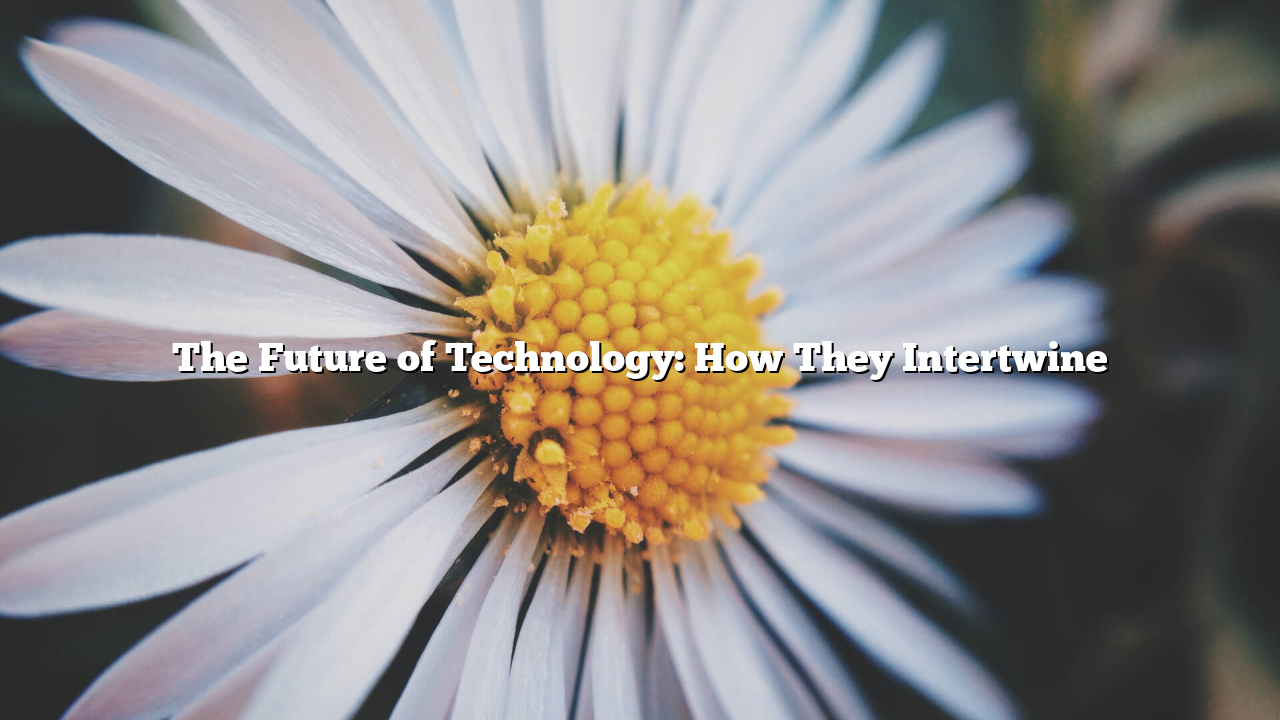In the current world, four key sectors stand out: financial systems, tech innovations, the evolution of intelligence, particularly artificial intelligence, and health. These fields not only influence our present lives, but they also interconnect in sophisticated ways that offer a revolutionary future.
Let’s explore how the financial sector, technology, AI, and healthcare interact to construct the future.
—
The Evolution of Money in a Tech-Driven World
The financial industry has undergone a massive transformation, due to technological advances. Digital banking, blockchain-powered currency, and e-wallets have redefined how people manage money.
Banks are no longer just physical buildings. Today, a mobile device can replace traditional banks. Financial technology companies are innovating the way we invest money.
Furthermore, the integration of AI in finance permits real-time fraud detection. AI processes massive datasets to enhance customer experience. This not only saves time but also lowers human error.
—
How Tech Drives Change Across Industries
Technology is not just a standalone field—it’s a catalyst that drive other industries, especially finance. From machine learning to quantum computing, technology impacts all elements of our lives.
Smartwatches and health trackers, robot-assisted surgery, and telemedicine platforms are just a few examples of how technology revolutionizes patient care. Similarly, in finance, algorithms replace traditional brokers, and blockchain enhances transaction transparency.
In education and research, AI. It facilitates faster drug discovery, accurate disease modeling, and real-time data analysis, accelerating innovation in all fields.
—
AI’s Expanding Role Across Disciplines
AI has evolved into a core part of all industries. From chatbots in customer service, AI reduces manual work.
In the banking sector, AI evaluates credit scores. In healthcare, AI tracks patient data for better outcomes. In technology itself, AI designs systems with minimal human input.
AI’s ability to learn and adapt makes it a unique tool. However, it raises debates about algorithmic bias. As we embrace AI, ethical AI design becomes non-negotiable.
—
The Digital Health Revolution
Healthcare has seen a digital revolution through the fusion of technology and intelligence. Telemedicine makes healthcare available to rural areas. AI-driven diagnostics reduce misdiagnosis.
Fitness bands and medical trackers track sleep in real time, alerting patients before emergencies arise. Robotic surgery lowers complications.
Preventative healthcare is now data-driven. Algorithms analyze lifestyle data, giving patients more control over their well-being.
—
The Convergence: Where Finance, Tech, Intelligence, and Health Meet
As these sectors intersect, new possibilities emerge. Imagine a smart financial plan based on health metrics, optimized by AI.
For instance: A patient’s wearable detects early signs of hypertension. hanabi99 is shared securely through encrypted blockchain. AI then advises a treatment plan, and the cost is instantly approved by a fintech app. That’s not science fiction—it’s the near future.
System integration is key. When these industries share secure, structured data, outcomes improve.
—
Challenges Ahead
Of course, this integration isn’t without issues. Cybersecurity, personal information handling, and user education remain major concerns.
Can we trust a financial decision made entirely by algorithms? These are valid questions we must address.
Governments and institutions must work together to create ethical frameworks. Public education can empower users in these systems.
—
Final Thoughts
The synergy of finance, technology, intelligence, and health is reshaping humanity. Each sector adds value, and together, they create a smarter, healthier, and more efficient world.
As we move forward, the goal should be balance—leveraging innovation while protecting humanity.
The future is not coming. It’s here. Are we ready?
